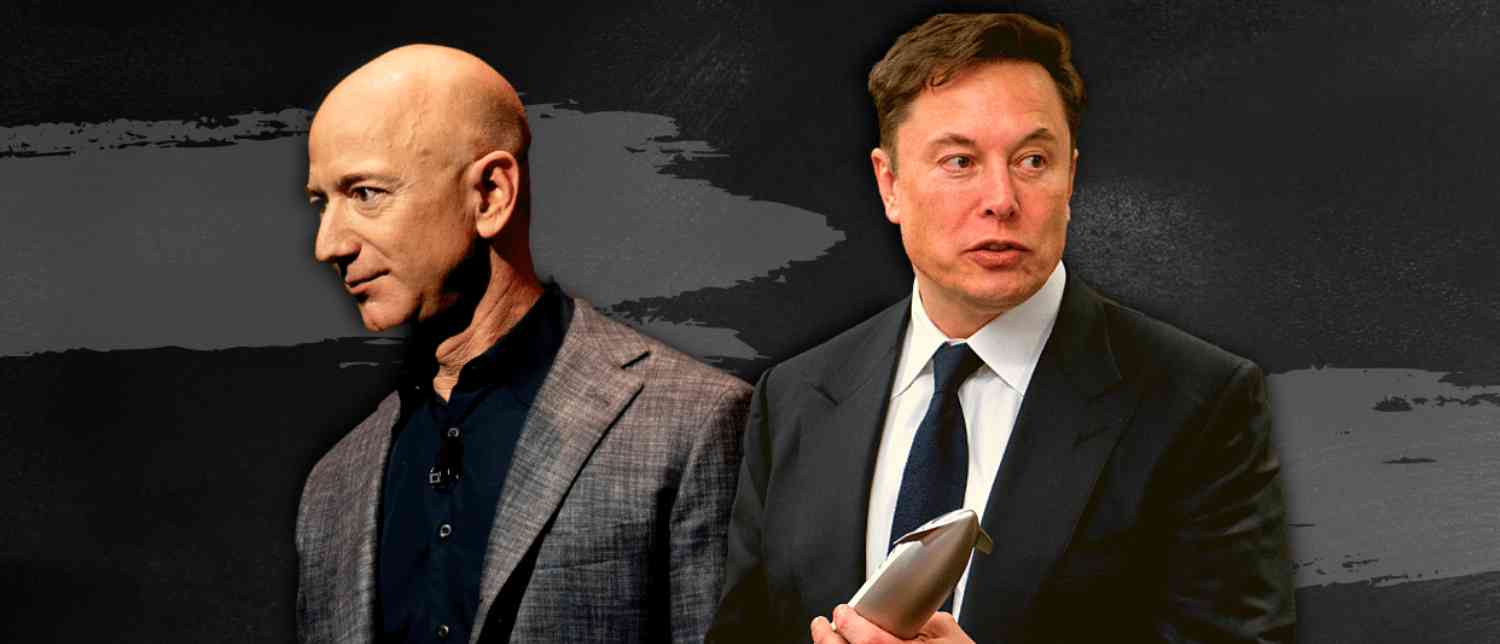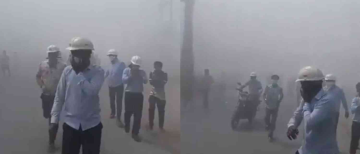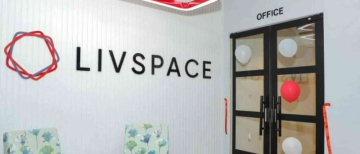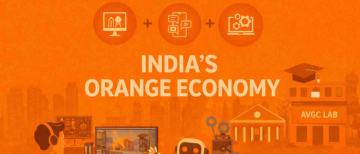Jeff Bezos is officially back in an operational seat—and he’s returning with one of the biggest bets ever placed in the artificial intelligence sector. More than four years after stepping down as Amazon’s chief executive, the billionaire entrepreneur is reportedly taking over as co-CEO of a secretive new AI company named Project Prometheus, a startup that has already attracted a jaw-dropping $6.2 billion in funding.
The move marks Bezos’ first formal leadership role since July 2021, and it instantly positions him in the center of one of the most aggressive and fast-moving technology races the world has ever seen.
But Bezos stepping back into the spotlight hasn’t gone unnoticed—or unmocked. Within hours of the news breaking, Elon Musk reacted publicly, launching a familiar jab that reignited one of tech’s fiercest rivalries.
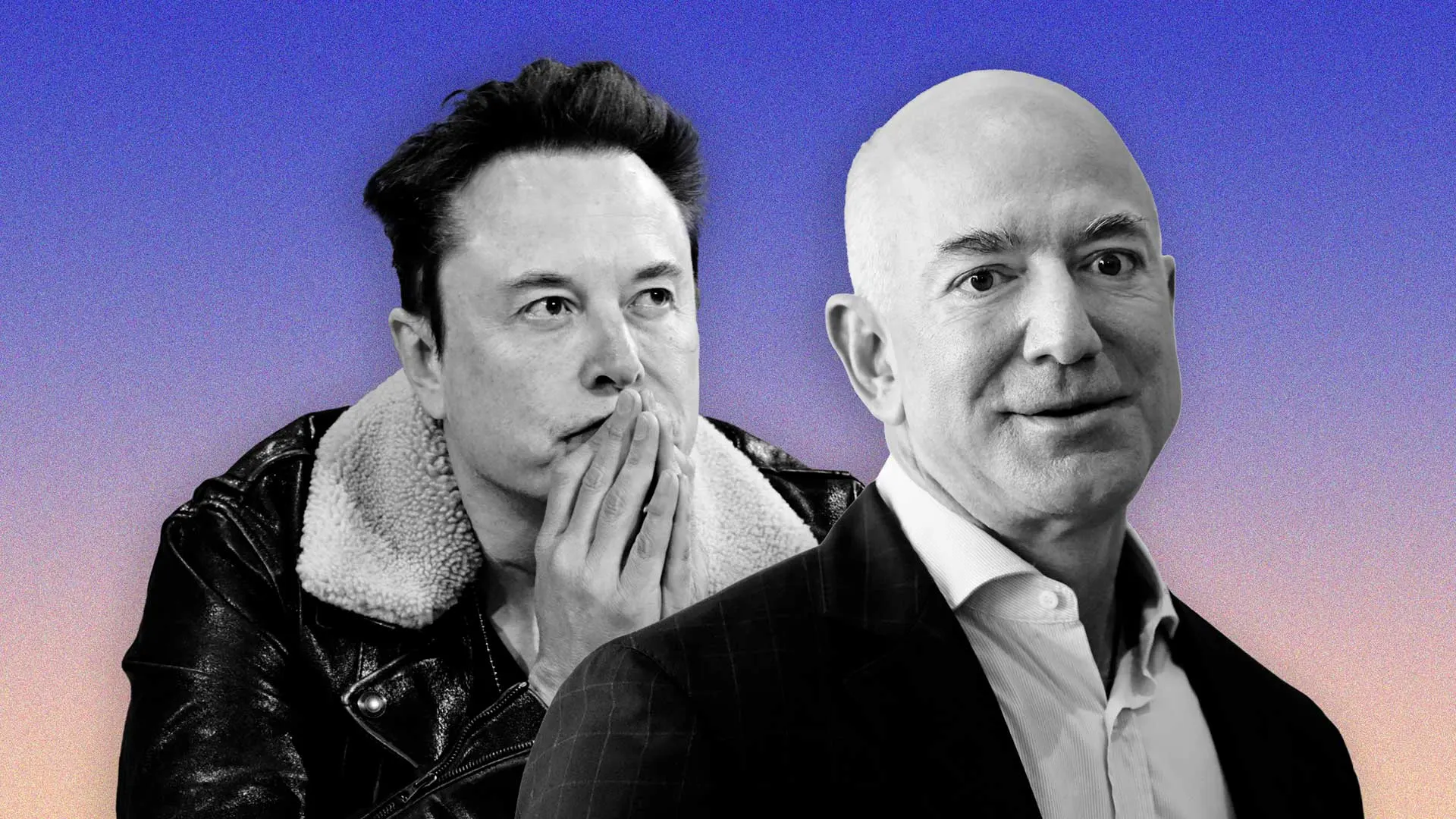
Musk Responds: “Copycat”
What followed Bezos’ comeback announcement was a sharp, if predictable, reaction from Tesla and xAI founder Elon Musk. On X (formerly Twitter), Musk reposted the news with a short message: “Haha no way … Copy 🐈”, calling Bezos a “copycat” once again.
If the message sounds familiar, that’s because Musk has used the same insult multiple times in the past. Back in 2020, he accused Bezos of being a copycat after Amazon acquired Zoox, an autonomous vehicle company that Musk believed was imitating his own ambitions in self-driving technology.
This time, Musk’s irritation stems from Bezos entering the AI race with billions behind him. Musk’s company xAI is already competing aggressively with OpenAI, Google DeepMind, Meta and Anthropic, and has raised enormous sums in partnership with NVIDIA, Microsoft and BlackRock to build advanced data centers in Texas.
Musk’s response may look like trolling, but it underscores a deeper rivalry—one rooted in the struggle for supremacy over the next era of artificial intelligence.
What Exactly Is Project Prometheus?
Despite its enormous funding, Project Prometheus remains one of the most secretive tech ventures of the year. According to sources who spoke to The New York Times, the company has been in “stealth mode” for months. What is clear is that Prometheus is far from a vanity project or a small research lab. Its objective is ambitious and highly specific: to build next-generation AI systems for physical industries.
While today’s AI boom is dominated by text-based chatbots and digital models, Prometheus wants to focus on manufacturing, engineering and robotics, particularly in sectors such as computers, aerospace and automobiles.
Bezos’ involvement makes this mission unsurprising. His long-running commitment to space exploration through Blue Origin has already positioned him as one of the biggest private investors in aerospace technology. With Project Prometheus, Bezos appears to be merging his space-driven vision with real-world AI applications that could reshape how industries operate on Earth—and potentially beyond.
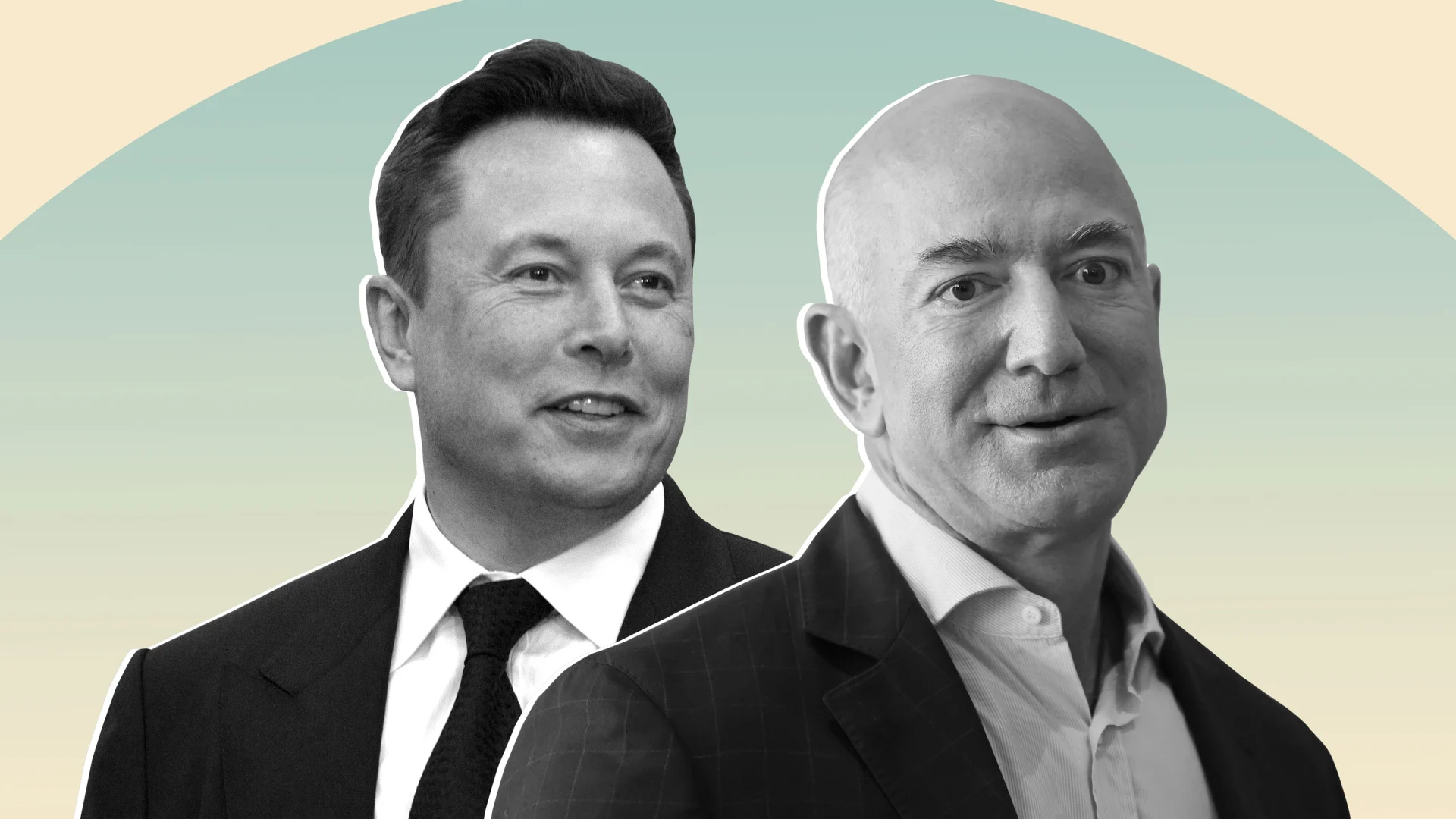
A Team Loaded With Industry Giants
Despite being so quiet publicly, the company has already hired nearly 100 employees, poaching talent from AI heavyweights such as OpenAI, Google DeepMind and Meta.
The co-founder and co-CEO alongside Bezos is Vik Bajaj, a physicist and chemist who is best known for his work at Google X, the tech giant’s “Moonshot Factory.” Bajaj previously co-founded Verily, Google’s health-tech venture, and later led Foresite Labs, giving him experience at the intersection of science, technology and large-scale innovation.
Insiders say the team at Project Prometheus is working on AI models that can learn not just from digital data but from real-world experiments—a method that could accelerate breakthroughs in chemistry, physics and mechanical engineering. In simple terms, while current AI models learn from text and images, Prometheus wants AI to learn from physical actions, reactions, and experimental results.
This puts the startup in the same emerging league as companies using AI for robotics, scientific research and drug development—fields where actual, hands-on experimentation provides far more insight than static datasets.
Bezos’ Warning: The AI Surge Might Be an “Industrial Bubble”
Even as he pours billions into Prometheus, Bezos has also expressed caution about the current AI craze. At a recent technology gathering, he said the ongoing boom looked like an “industrial bubble.”
But according to Bezos, this isn’t necessarily bad. Many innovations, he argued, come from periods of overfunding and over-excitement—eras where countless experiments fail, but the ones that succeed end up transforming the world.
His view is that even if this AI boom results in many dead ends, the innovations it ignites could lead to “gigantic benefits” for humanity, especially when applied to fields like engineering, manufacturing and scientific discovery.
In other words: This may be a bubble, but it’s a productive bubble.
Why Musk’s Reaction Hits Deeper Than a Simple Insult
Musk’s “copycat” dig may seem like typical billionaire banter, but it also reflects the enormous competitive pressure that defines today’s AI landscape. Musk has positioned xAI as a challenger to OpenAI, Google and Meta, pitching it as a more truthful and more transparent alternative to current models.
As Bezos steps back into a leadership role with more than $6.2 billion in backing, he is instantly elevated into the upper ranks of AI players—something Musk is clearly watching closely.
By framing Bezos as a copycat, Musk is also attempting to shape the narrative: that Bezos is not leading the AI revolution but simply following Musk’s path. And yet, Prometheus’ focus on physical automation distinguishes it sharply from the purely generative models dominating headlines today.
Bezos Becomes a CEO Again—Here’s Why It Matters
For the first time since leaving Amazon, Bezos is taking on a hands-on executive role. His decision to become co-CEO of Project Prometheus signals several things about the evolving tech world.
First, it shows that AI has become too important to stay on the sidelines. Bezos has been deeply involved in Blue Origin’s expansion, including recent successful booster landings, but he has not held a title as significant as co-CEO in years.
Second, it signals that AI is no longer just about apps, chatbots or digital assistants—it is transforming industries tied to physical tasks, such as robotics, manufacturing, aerospace, healthcare and scientific discovery.
And third, it places Bezos directly across the chessboard from Musk, at a time when their rivalry is tougher than ever.
How Project Prometheus Could Transform Manufacturing
If Prometheus succeeds at building AI that can learn from real-world experiments, it could revolutionize how manufacturing and engineering work. Instead of relying solely on simulations or text-trained models, factories and laboratories could use AI that understands physical processes, tests ideas, and adapts through hands-on interaction.
This would significantly accelerate technological breakthroughs, reduce engineering costs and potentially reshape the future of computing, aerospace development and even space exploration.
With funding surpassing the $2 billion raised by Thinking Machines Lab, Prometheus is now one of the most heavily funded early-stage AI startups in history.
The Big-Tech Battlefield Just Got Bigger
Project Prometheus is entering an arena dominated by giants—Google, Microsoft, Meta, OpenAI and Anthropic. But Bezos’ entry changes the dynamics. His resources, influence and ability to attract top-tier talent give Prometheus instant legitimacy.
Meanwhile, Musk’s xAI is fighting for market share with its own large language model and has aligned itself with some of the most powerful computing players in the world.
With Bezos now fully reengaged and holding one of the most ambitious AI roadmaps, the long-standing Bezos–Musk rivalry has taken on a new dimension—one with consequences for nearly every sector, from space to manufacturing to automation.
A New Phase in the Bezos–Musk Rivalry
Elon Musk’s mocking response may be blunt, but it reflects a race worth trillions of dollars. Both men believe AI will define the next industrial revolution. Bezos is betting on real-world AI that reshapes physical industries. Musk is betting on generative AI that reshapes human-machine intelligence.
As 2025 unfolds, AI is no longer just about smarter chatbots—it is about transforming real-world systems, building intelligent machines, and accelerating human innovation at a scale never seen before.
With Bezos returning as CEO and Musk sharpening his attacks, the global AI battlefield is more intense, more crowded and more consequential than ever.
With inputs from agencies
Image Source: Multiple agencies
© Copyright 2025. All Rights Reserved. Powered by Vygr Media.

